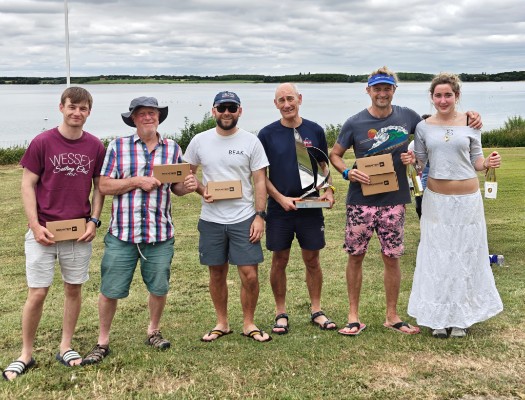Adding value for ALL RS sailors
- Sets the rules to give great one-design and handicap racing - enhancing resale values
- Organises websites, race reports, news, social media - keeping you informed
- Organises racing events with fantastic social scene - improving your Class’s popularity and value
- Organises training events - helping you get the most from your boat
- Liaises with the builder, RS Sailing - ensuring the quality and specification are what owners want
- Negotiates excellent discounts from the RS Sailing Store, including sail discounts, and many other companies
- Encourages new people to get involved - giving a better experience for everyone
Who is your Class Association?
- It is run by volunteer sailors with back-up by part time professional administrators
- The sailors make the plans and decisions - without having to do all the leg work
Please show support by joining your Class Association
- The cost is tiny compared to your benefits, working out at just £3.75 per month for Full Membership, £3 per month for Club Membership or £2.08 per month for Youth Membership
- By taking out International Class Association membership for one class, you will have reciprocal membership to the RS100, RS200, RS300, RS400, RS600, RS700, RS800, RS Vareo International and International RS500 Class Associations
- One event membership is available for all events except National and major championships, for use by those borrowing a boat, intending to only sail in one RS Class Association event etc. Click here.
Join Online
Big winds at Grafham Skiff Challenge
The Grafham Water SC Skiff Challenge, doubled up as the RS500 Inland championships on the weekend of 28/29 June. The RS500s made up only 4 of the 30 entries, but we punched above our weight in the overall results.
A relatively low proportion of the total number of entrants finished even one race, but the 500s all completed two, and three of us did all four. Although the wind was strong, it was still quite shifty, and it was very easy to gain or lose significant distances upwind, particularly as the wind strength didn’t encourage frequent tacking.
Results and Peter Curtis' report here,

